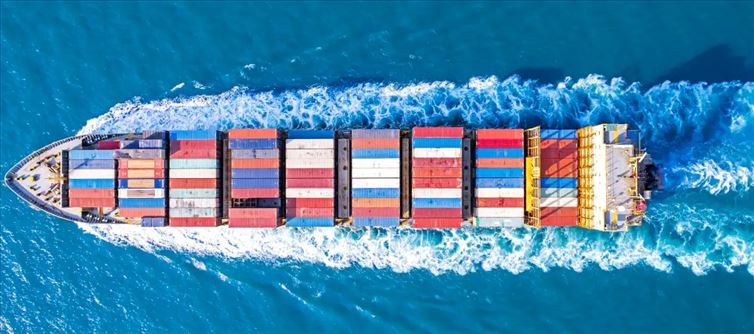
In an innovative move that could reshape the maritime and aviation industries, Aerleum has announced ambitious plans to convert carbon dioxide (CO2) directly into fuel for cargo ships and, eventually, airplanes. This groundbreaking approach not only addresses the pressing issue of greenhouse gas emissions but also aims to provide a sustainable fuel alternative that could revolutionize global transport.
The Vision
Aerleum's vision is rooted in a commitment to combating climate change while ensuring the efficiency and viability of shipping and air travel. The company is leveraging cutting-edge technology to capture CO2 emissions and transform them into synthetic fuels. By utilizing renewable energy sources in the process, Aerleum hopes to create a closed-loop system that minimizes the carbon footprint of transportation.
The technology Behind It
At the heart of Aerleum’s initiative is a proprietary process that involves the conversion of CO2, water, and renewable energy into hydrocarbons that can be used as fuel. This technology, known as direct air capture combined with electrochemical reduction, allows for the extraction of CO2 directly from the atmosphere. Once captured, the CO2 undergoes a series of chemical reactions to produce synthetic fuels that can power large vessels and aircraft.
The advantages of this approach are multifold. Not only does it reduce reliance on fossil fuels, but it also utilizes existing infrastructure, as synthetic fuels can often be integrated into current fuel systems without major modifications.
Impact on Shipping and Aviation
Cargo ships are responsible for a significant portion of global emissions, with the international Maritime Organization estimating that shipping contributes around 3% of total greenhouse gas emissions. Aerleum's initiative aims to drastically reduce this figure by providing an eco-friendly fuel alternative that retains the performance characteristics required for large-scale shipping operations.
In the aviation sector, where sustainable fuel options remain limited, Aerleum's synthetic fuels could play a pivotal role. With air travel accounting for approximately 2.5% of global emissions, transitioning to cleaner fuel sources is essential. Aerleum’s long-term vision includes scaling up production to meet the demands of commercial airlines, making eco-friendly air travel a reality.
Challenges and the Road Ahead
While the promise of turning CO2 into fuel is enticing, Aerleum acknowledges the challenges ahead. The scalability of the technology, economic viability, and regulatory hurdles will need to be addressed as the company moves forward. Collaborations with industry stakeholders, research institutions, and governments will be crucial in overcoming these obstacles.
Aerleum is currently in the pilot phase, working on refining the technology and conducting feasibility studies. The company aims to demonstrate the effectiveness of its synthetic fuel in real-world applications within the next few years, setting the stage for wider adoption.
Aerleum’s ambitious plan to turn CO2 into fuel represents a significant step toward a more sustainable future for transportation. By harnessing the power of innovation and renewable energy, the company is not just envisioning a cleaner planet but actively working towards it. As the world grapples with the challenges of climate change, initiatives like Aerleum's could pave the way for a new era of environmentally responsible travel and transport.




 click and follow Indiaherald WhatsApp channel
click and follow Indiaherald WhatsApp channel